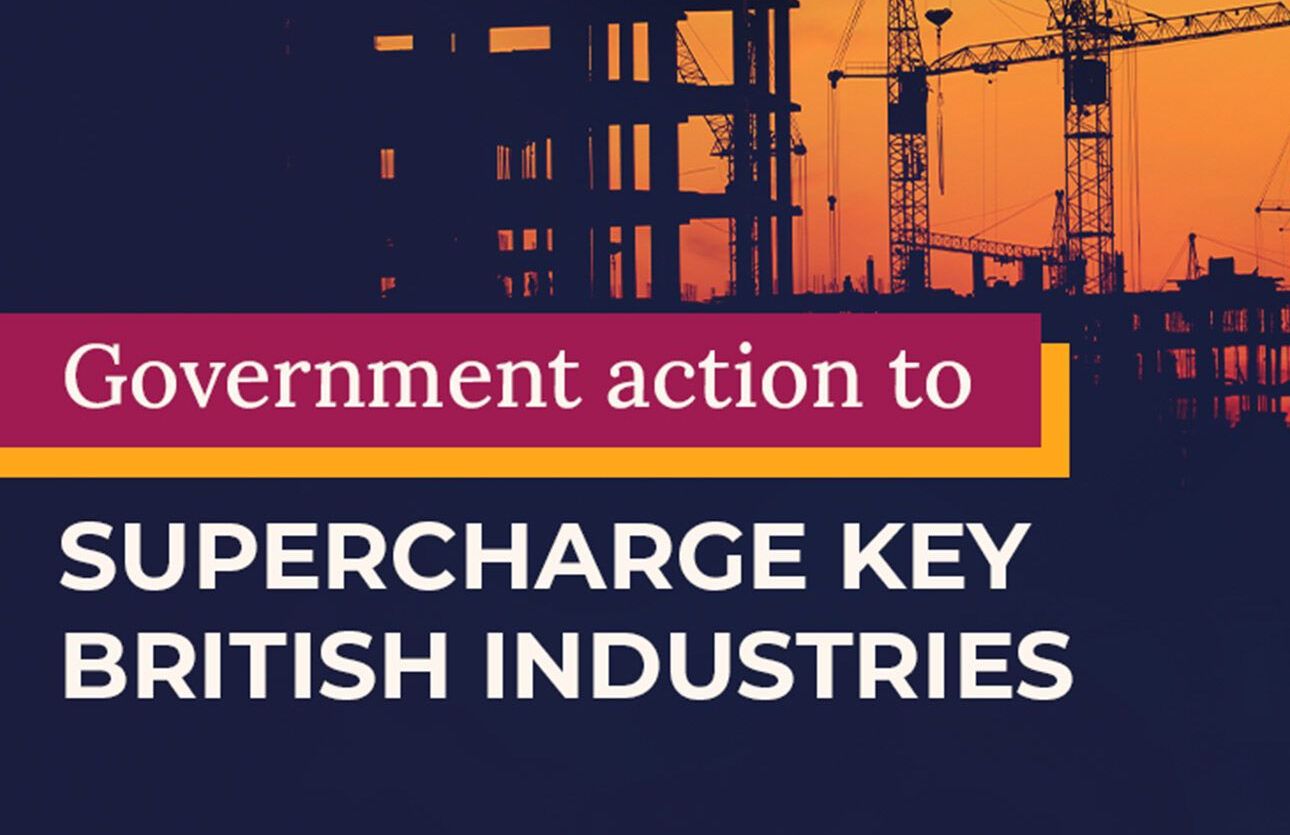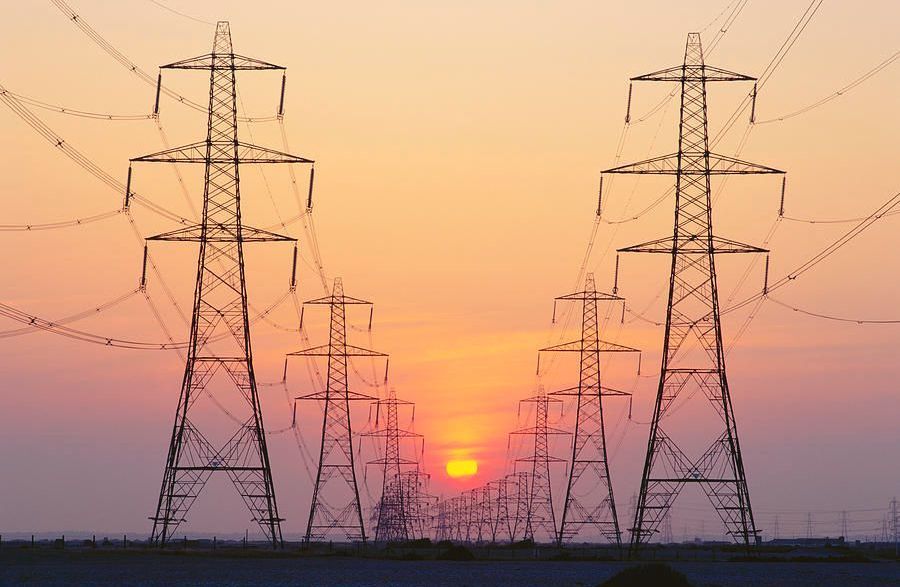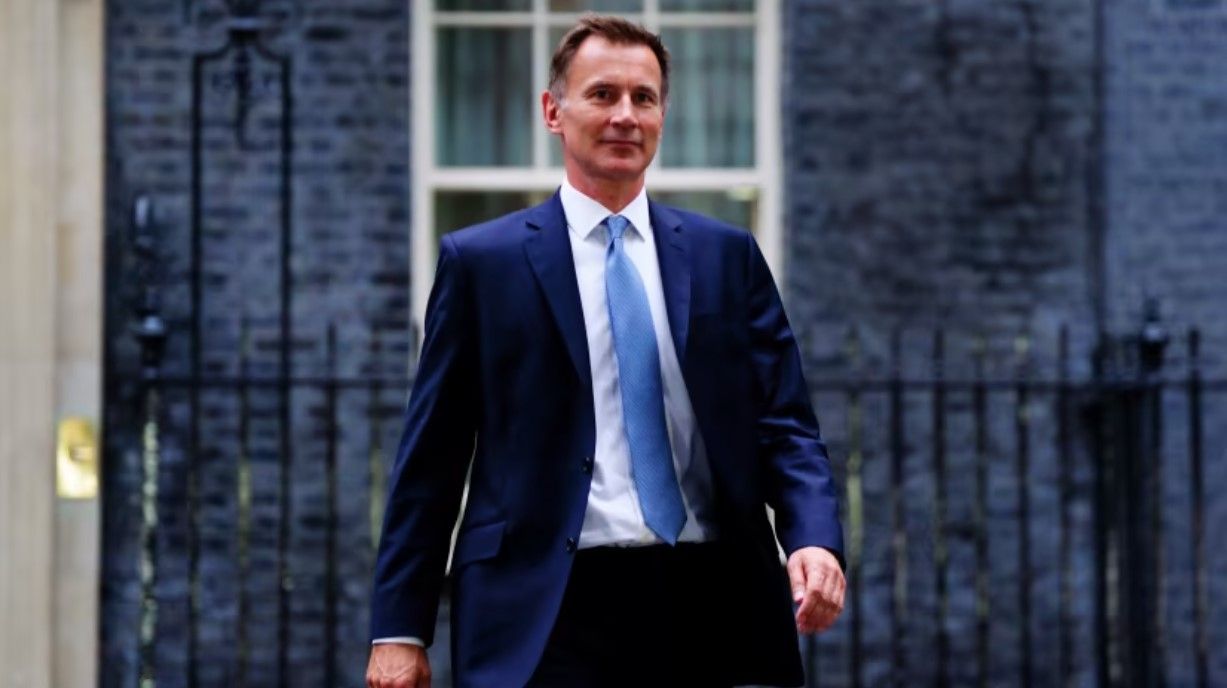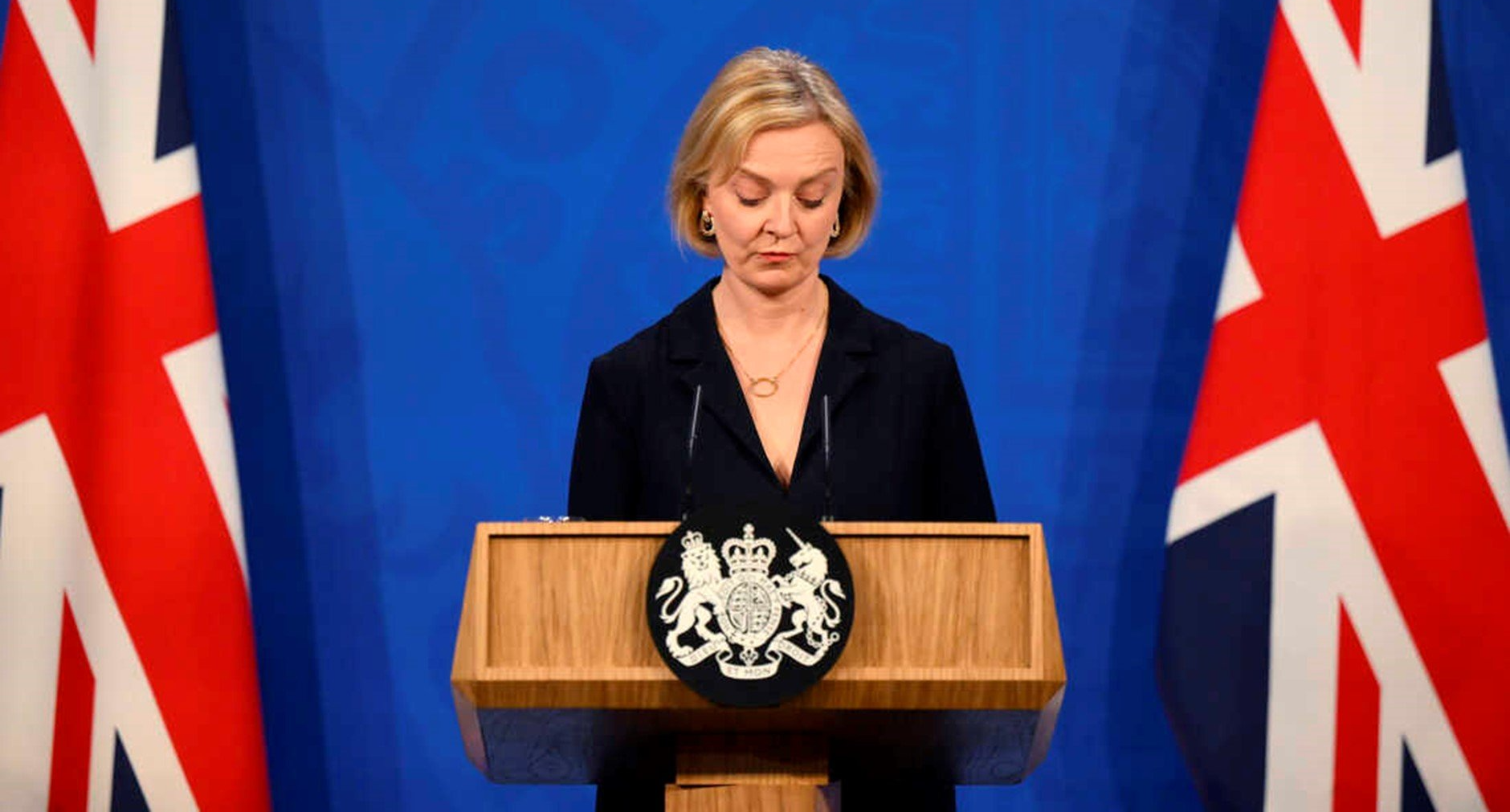Additional Government Energy Policy Subsidies
What are they and when could they be implemented?

If the news of non-commodity cost increases raised in our previous blog wasn’t already enough to bear, it looks like we will soon all be learning even more abbreviations and acronyms for our costing vocabulary as yet more Government policy subsidies are set to be added to your already stretched monthly invoice over the following years.
Whilst the evolution of the energy market in relation to low carbon generation and net zero technologies brings the UK many benefits, the inevitable financial reality is that funding implications of these developments are passed directly onto end users via your electricity or gas bill.
There are four new policies on the horizon, which in total could add an extra £3/MWh to the existing cost stack:
1) Nuclear Regulated Asset Base (RAB)
Following the cancellation of several proposed nuclear projects that would have used the Contracts for Difference funding mechanism, the UK Government has introduced a Regulated Asset Base (RAB) funding model which, unlike CfD, provides finance from the very start of construction. This policy aims to make investment more appealing and to ensure new nuclear generation facilities are developed as existing assets begin the decommissioning process.
The first RAB will be in relation to the £35bn+ construction cost for the new 3.3GW Sizewell C reactor where consumers will pay an up-front charge on invoices. Initial estimates suggest a charge on the invoice of around £0.50/MWh from as early as April 2024, rising in later years as construction costs increase.
2) Hydrogen Levy Scheme
The UK Government has proposed an incentive scheme to encourage hydrogen production by providing investors with a guaranteed return should the price of hydrogen fall below an agreed minimum level. Should the scheme go ahead (there has been talk of cancellation due to the multitude of increases faced by consumers) it would begin in April 2025. The financial commitment could lead to a cost of £100m each year which would add a cost to bills (likely gas invoices) of around £0.50/MWh.
3) EII Network Charging Compensation (NCC) Scheme
As part of the British Industry Super Charger scheme (BIS) we discussed in our recent blog, the UK Government is introducing the NCC scheme to further increase the competitiveness of British Energy Intensive Industries (EII) in Europe. NCC is proposed to provide a 60% reduction in the charges paid by EII companies in relation to the costs of using the GB electricity grid. These costs are Balancing Services Use of System (BSUoS), Transmission Network Use of System (TNUoS) and Distribution Use of System (DUoS).
Whilst this will be a benefit to those who qualify for EII status (typically large industrial users), the cost of this discount will be met by suppliers, and therefore passed onto all consumers who do not qualify. The NCC scheme could begin in April 2025 following the UK Government working closely with Suppliers to develop the technical details of the scheme and publish official guidance, at which point a new charge, forecast at around £1/MWh, will start to appear on your electricity invoice.
4) Carbon Capture Subsidy
Whilst still very much in the development stage, a new subsidy has been proposed to support Carbon Capture, Usage and Storage (CCUS) to reduce emissions in industries where other carbon saving measures are not feasible. Should this subsidy move forward, initial indications suggest the charge on the consumer invoice could be as much as £1/MWh and would likely be introduced toward the end of the decade.
Adalta Energy understands this is still an uncertain time for UK business. If you have any questions or require any assistance, then please contact enquiries@adaltaenergy.co.uk or call Ed Butler directly on 07989 431184. Alternatively, if you are an existing Adalta Energy client then please speak directly with your dedicated contact.
Interested in our services? We’re here to help!
Contact Us
Thank you for contacting Adalta Energy.
One of our consultants will be in touch shortly.
Please try again later.
Company registration number: 13374641
VAT registration number: 384791744
ADR membership number: C35ADAL01












